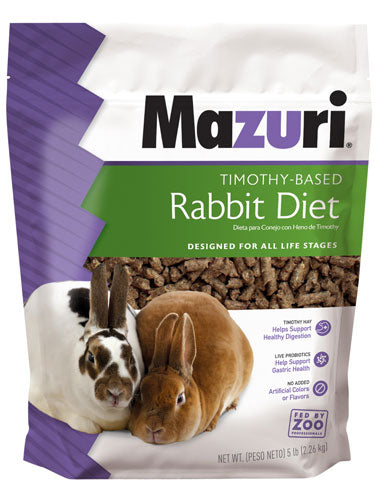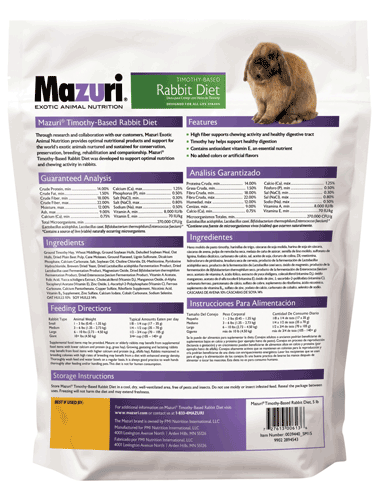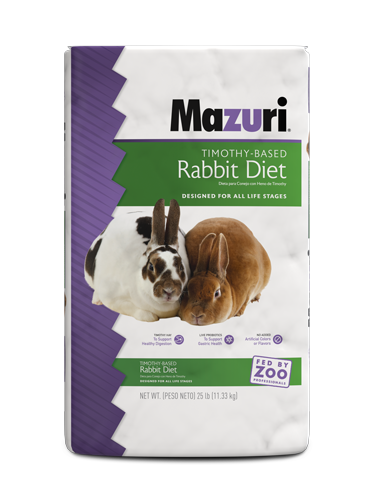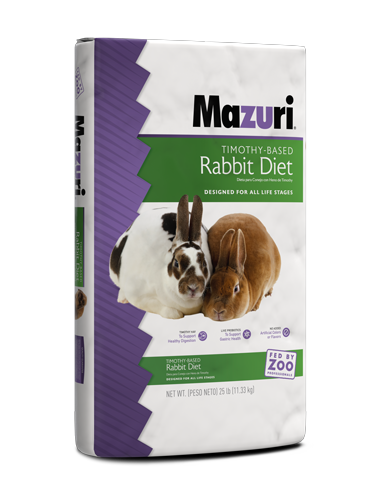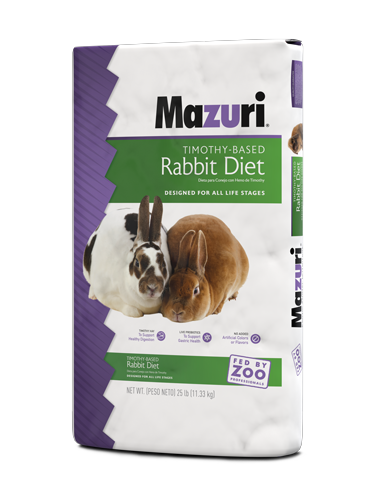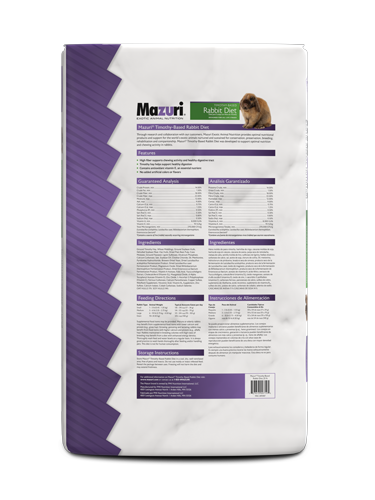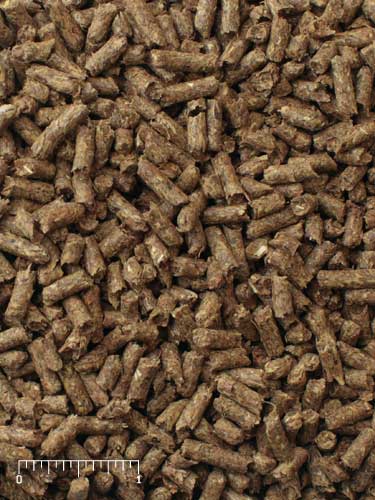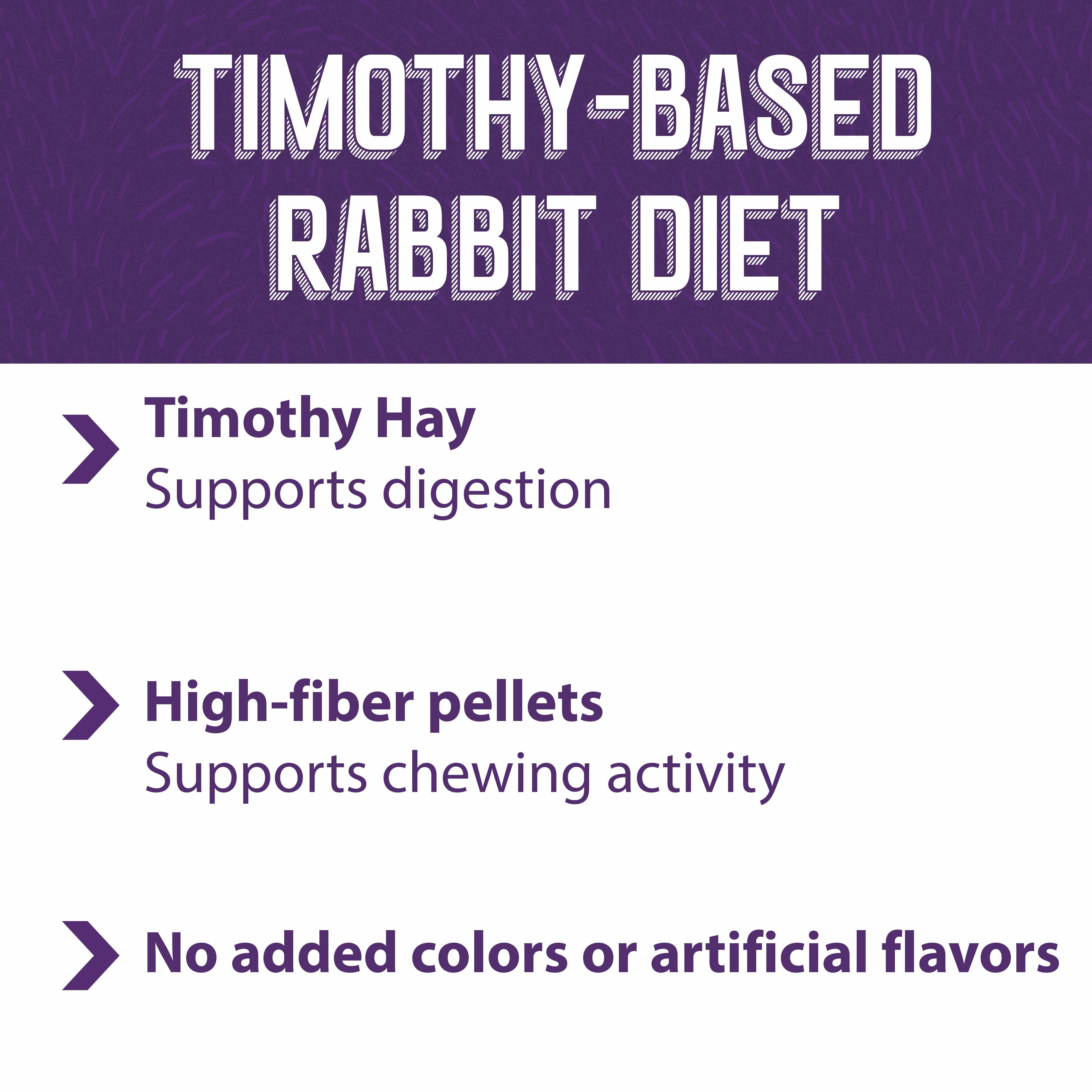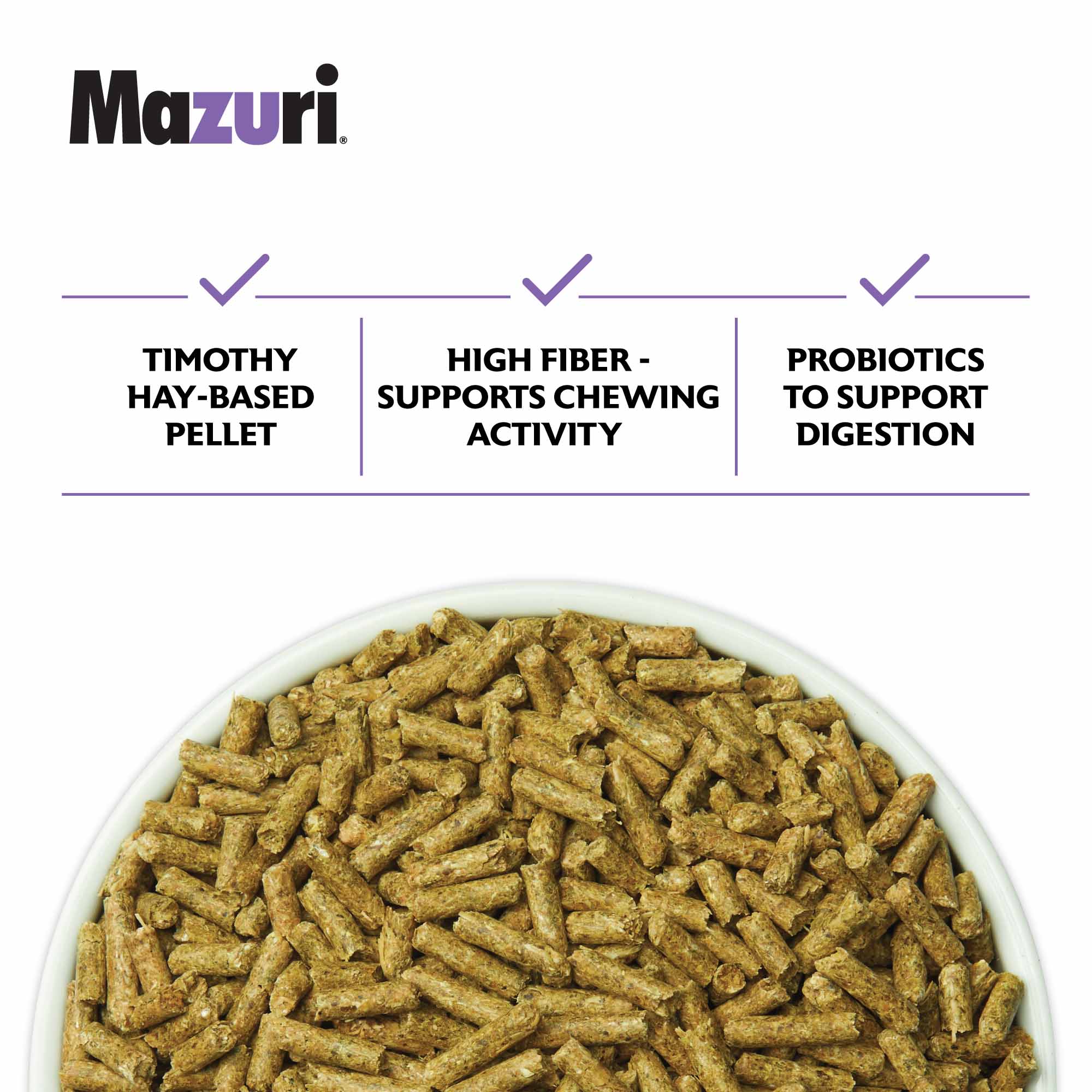Every exotic animal deserves the right nutrition
| Crude protein not less than Crude fat not less than Crude fiber not less than Crude fiber not more than Moisture not more than Ash not more than Calcium not less than Calcium not more than Phosphorus not less than Salt (NaCl) not less than Salt (NaCl) not more than Vitamin A not less than Vitamin E not less than Total Microorganisms Count not less than | 14.00% 1.50% 18.00% 22.00% 12.00% 9.00% 0.75% 1.25% 0.60% 0.30% 0.80% 8000 IU/lb 70 IU/kg 270000 CFU/g |
(Lactobacillus acidophilus, Lactobacillus casei, Bifidobacterium thermophilum, Enterococcus faecium)*
*Contains a source of live (viable) naturally occurring microorganisms.
Ground Timothy Hay, Wheat Middlings, Ground Soybean Hulls, Dehulled Soybean Meal, Oat Hulls, Dried Plain Beet Pulp, Cane Molasses, Ground Flaxseed, Lignin Sulfonate, Dicalcium Phosphate, Calcium Carbonate, Salt, Soybean Oil, Choline Chloride, DL-Methionine, Pyridoxine Hydrochloride, Brewers Dried Yeast, Dried Lactobacillus acidophilus Fermentation Product, Dried Lactobacillus casei Fermentation Product, Magnesium Oxide, Dried Bifidobacterium thermophilum Fermentation Product, Dried Enterococcus faecium Fermentation Product, Vitamin A Acetate, Folic Acid, Yucca schidigera Extract, Cholecalciferol (Vitamin D3), Manganous Oxide, d-Alpha Tocopheryl Acetate (Vitamin E), Zinc Oxide, L-Ascorbyl-2-Polyphosphate (Vitamin C), Ferrous Carbonate, Calcium Pantothenate, Copper Sulfate, Riboflavin Supplement, Nicotinic Acid, Vitamin B12 Supplement, Zinc Sulfate, Calcium Iodate, Cobalt Carbonate, Sodium Selenite.
- Supplemental food items may be provided. Mature or elderly rabbits may benefit from supplemental food items with lower calcium and protein (ex. grass hay). Growing, gestating, and lactating rabbits may benefit from food items with higher calcium and protein (ex. alfalfa hay).
- Rabbits maintained in breeding colonies with high rates of breeding may benefit from a diet with enhanced energy density.
- See table (on attached product sheet) for dietary composition when feeding different levels of hay.
- Always provide plenty of fresh, clean water.
- Thoroughly wash feed and water bowls on a regular basis. It is always good practice to wash hands thoroughly after feeding and/or handling animals.
- This diet is not for human consumption.
Storage Conditions
For best results, reseal the bag between uses or store contents of open paper sack in container with sealing lid. Store in a cool (75°F/24°C or colder), dry (approximately 50% RH) location free from rodents and insects. Do not offer moldy or insect-infested feed to animals as it may result in illness, performance loss or death. Freezing will not harm the diet and may extend freshness. Use within 1 year of bag manufacturing or "Best if Used By" date.
Ask Our Experts
Get nutrition advice you can trust from experts who understand the unique nutritional needs and behaviors of your exotic animals.
Get Advice